Remember Xuetao Cao? China’s Academician, top immunologist, member of academies in USA and Germany, appointed by the Communist Party as Chairman of research integrity in November 2019? And then over 60 of his papers were flagged on PubPeer, by Elisabeth Bik and Smut Clyde (read here and here).
4 of these papers were then retracted in 2020, all by the Journal of Biological Chemistry, which also retracted another Cao paper in 2015. Other journals did little about Cao’s papers, and wisely so. Because it turned out, those were all small mistakes and conclusions are not affected. Or so the Communist Party of China says, and one does not argue with Party’s wisdom.
But because there was international media coverage, some punishment had to happen: Cao was found guilty of bad supervision and received a funding, review and student recruitment ban for one year, ordered to issue corrections of his papers and to learn some research integrity.
Four other Chinese top scientists were investigated. One, the cancer researcher Hongliang Li got hit the heaviest: with 2 year funding, review and student recruitment ban. But even in his case, no fraud was found, despite a ridiculous record of data fakery over many years. The pharmacologist Meiyu Geng (more about her case below), whose Alzheimer’s drug was approved in late 2019, was let go with a warning, also in her case no fraud was found. Two others were declared completely innocent. One of them is the Academician and cell biologist Pei Gang, and the other is the neuroscientist Yi Rao. Both acquittals have been a warning to Rao, and to others who dare to blow the whistle. How so?
Rao is namely an active critic of Chinese science policy, which made him many powerful enemies and prevented him from becoming an Academician. In fact, Rao publicly reported Hongliang Li, Pei Gang and Meiyu Geng for fraud (he didn’t report Cao unlike I initially wrote):
“Rao’s letter to President Li Jinghai of the National Natural Science Foundation of China (hereafter Foundation) called for a thorough check of Li Hongliang’s “outrageous fraudulent research in the past 17 years”; a strict review of Pei Gang’s use of the Foundation to fund his paper in 1999, alleging that “it is impossible for the paper’s Figure 3, 4, and 5 to be true”. Likewise, Geng Meiyu’s paper about the discovery of the GV-971 drug that could cure Alzheimer’s disease by alteration of mice’s gut microbiota composition could only be false.”
As the result, Rao himself was accused of research fraud by the students and supporters of those he accused. Now his name is associated with the Li and Geng fraud affairs, but not as a whistleblower, but as one of the accused. And Pei Gang was absolved completely.

But now, the announcement.
China’s Ministry of Silly Walks Science and Technology issued on 21 January 2021 this statement:
Notification on the investigation and handling of suspected fraudulent papers
In response to the suspected falsification of related papers by Academician Cao Xuetao of Nankai University, Academician Pei Gang of Chinese Academy of Sciences, Researcher Geng Meiyu of Shanghai Institute of Medicine of Chinese Academy of Sciences, Professor Rao Yi of Capital Medical University, Professor Li Hongliang of Wuhan University, etc., 21 departments participated in the establishment of scientific research integrity. Under the framework of the joint meeting, the Ministry of Science and Technology, in conjunction with the Ministry of Education, the Health Commission, the Chinese Academy of Sciences, the Academy of Engineering, and the Natural Science Foundation of China, established a joint working mechanism of division of labor and coordination, and formed a high-level review expert group, in accordance with the “Rules for Investigation and Handling of Scientific Research Integrity Cases” (Trial)” and other relevant regulations, serious investigation and handling. On the basis of the unit investigation and departmental review, the review expert team went to the site to inspect, listen to the parties’ statements and defenses, collectively discuss the review conclusions, and finally the joint working mechanism was deliberated and formed action opinions. The results of the investigation and processing are reported as follows.
1. Investigation conclusions and handling opinions on academician Cao Xuetao’s thesis
The 63 papers of Academician Cao Xuetao were questioned on the Internet. After investigation, no fraud, plagiarism and plagiarism were found, but many papers were found to have misuse of pictures, reflecting the lack of a strict laboratory management. After reviewing the joint working mechanism, it was decided to cancel Academician Cao Xuetao’s qualification for applying for the national science and technology plan projects for one year, cancel his qualification as an expert in scientific and technological activities supported by financial funds for one year, and cancel the qualification for enrolling graduate students for one year. He is instructed to carry out corrections, make in-depth inspections of existing problems, and report criticisms in the corresponding department of the Academy of Engineering.
2. Survey conclusions and handling opinions on Professor Li Hongliang’s paper
21 papers of Professor Li Hongliang were questioned on the Internet. After investigation, no fraud was found, but many papers were found to have misuse of pictures, reflecting the lack of rigorous processing of experimental data. After reviewing the joint working mechanism, it was decided to cancel Professor Li Hongliang’s qualification for applying for national science and technology plan projects for two years, cancel his qualification as an expert in scientific and technological activities supported by financial funds for two years, and cancel the qualification for enrolling graduate students for two years, and instruct him to conduct a thorough inspection of existing problems.
3. Investigation conclusions and handling opinions on researcher Geng Meiyu’s paper
5 papers of researcher Geng Meiyu were questioned on the Internet. After investigation, no fraud was found, but a small amount of misuse of pictures was found in the paper. After deliberation by the joint working mechanism, it was decided to conduct critical education and reminders on scientific research integrity.
4. Investigation conclusions on the thesis of Academician Pei Gang
One paper of Academician Pei Gang was questioned on the Internet, no fraud was found after investigation.
5. Investigation conclusions on Professor Rao Yi’s paper
2 papers of Professor Rao Yi were questioned on the internet, which were used for the Natural Science Foundation project application, no fraud was found after investigation.
The investigation found that relevant scientific researchers have holes and deficiencies in data management, laboratory management, team management, etc., which exposed insufficient attention and lack of strict requirements for the construction of scientific research style and style.
Secretary General Xi Jinping pointed out at the symposium of scientists that scientific achievements are inseparable from spiritual support, and the spirit of scientists is the precious spiritual wealth accumulated by scientific and technological workers in long-term scientific practice. The vast number of scientific researchers must inherit the fine traditions of the older generation of scientists of seeking truth, pragmatism, and rigorous academic research, vigorously promote the spirit of scientists, shoulder the important task of scientific and technological innovation endowed by history, cherish academic reputation, strictly observe scientific research integrity, maintain a good style of work and study, and overcome difficulties. Climb the heights bravely and make greater contributions to self-reliance in science and technology, and build a strong country in science and technology. Universities, scientific research institutions, hospitals, enterprises, etc. engaged in scientific research must earnestly fulfil their main responsibilities, improve management systems for results management, data exchange, and publication of papers, strengthen the education and training of scientific research personnel in their units, strictly monitor and manage them, and deal with emerging problems. Remind in time and deal with academic misconduct seriously.
Joint Working Mechanism of Joint Conference on Scientific Research Integrity Construction
January 21, 2021
Meiyu Geng actually has 10 papers questioned on PubPeer, but if the Party says it’s 5 then it is 5. She is not just somebody, but a major biotech entrepreneur who made big news worldwide having claimed a discovery of an Alzheimer’s drug.
On 3 November 2019, news broke out worldwide that a new drug (GV-971) developed by a team at SIMM for treating mild-to-moderate Alzheimer’s Disease received its regulatory approval from the National Medical Products Administration. The drug is Oligomannate, made from seaweed. Its pharmacological pathway goes via the gut microbiome: the carbohydrate from brown algae makes intestinal bacteria happy and this miraculously cures Alzheimer’s. Or so the SIMM scientists claim.
The team is led by Dr. Meiyu Geng at the Shanghai Institute of Materia Medica (SIMM) of the Chinese Academy of Sciences (CAS), in collaboration with its industrial partner, Shanghai Green Valley Pharmaceuticals, in the same city of Shanghai in China. Prior to that, in November 2018, the Secretary General of the Communist Party, Xi Jinping, personally visited SIMM, spoke with Geng and shook her hand. Right on cue, in February 2019, Geng was promoted to the position of SIMM director. With Xi’s patronage, an approval for her Alzheimer’s drug in China became a mere formality. In April 2020, a GV-971 phase 3 clinical trial with 2,000 Alzheimer patients in USA was approved by the FDA, allowing the company to skip phase 1 and 2 testing. That might be because Green Valley has US Alzheimer scientists like Jeffrey Cummings of University of Nevada on payroll, who announced in Science:
“This is very exciting and important; GV-971 is the first drug approved anywhere in the world for Alzheimer’s disease since 2003”
Now that GV-971 was on the market, the world was excited. But no clinical trial data for Phase 3 was released, and Phase 2 data was already dismissed as showing no statistical significance. But all people could learn about GV-971’s Phase III trial were a couple of slides shared on a conference back in 2018. Even these several slides were unofficial, but rather leaked by some conference attendees. These are the slides:
When asked during the news conference about the doubt raised against their Phase III trial data, the group representative simply replied that their data had been submitted to a top journal for review. Maybe Geng published some relevant data as research papers since then? There has been only 1 paper specifically on GV-971, about its mechanism on improving cognition capacity in Alzheimer’s patients. It was in mice and submitted on 14 April 2019, after Geng applied for the drug approval in 2018. And Rao accused Geng of fraud exactly in that publication.
Xinyi Wang, […] Meiyu Geng Sodium oligomannate therapeutically remodels gut microbiota and suppresses gut bacterial amino acids-shaped neuroinflammation to inhibit Alzheimer’s disease progression Cell Research (2019) doi: 10.1038/s41422-019-0216-x
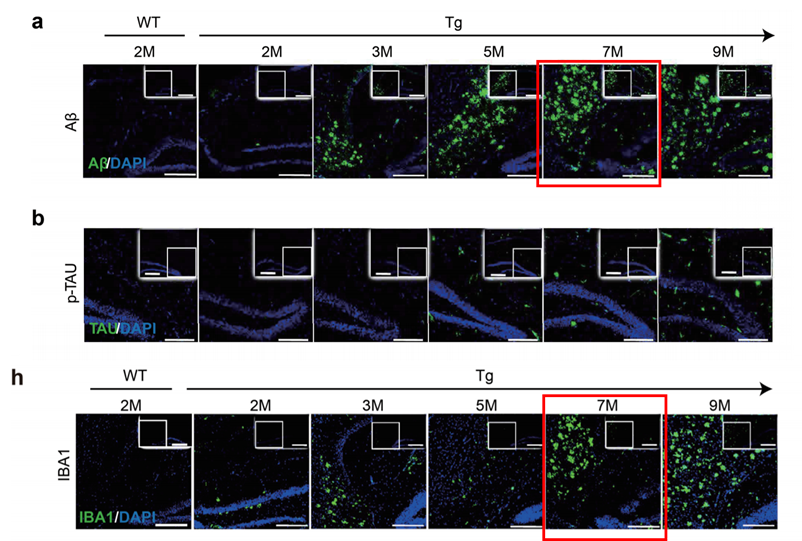
SIMM investigated that paper and found no issues, Geng was declared innocent. As Chinese media reported in November 2019:
“Geng Meiyu, Pei Gang and Li Hongliang were accused of academic fraud in a letter from Rao Yi, principal of the Capital Medical University, published Friday on the WeChat public account of Dingxiangyuan, an influential and popular online medical forum in China. Rao claimed that Geng Meiyu, the lead developer of the drug GV971 for Alzheimer’s disease, was engaged in research paper fraud related to the drug”
Also the Communist Party did not see any problem with Geng’s research. These are other papers of hers with similar problems:
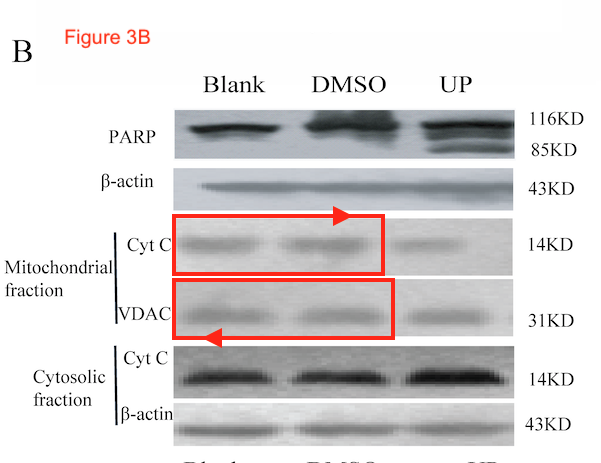
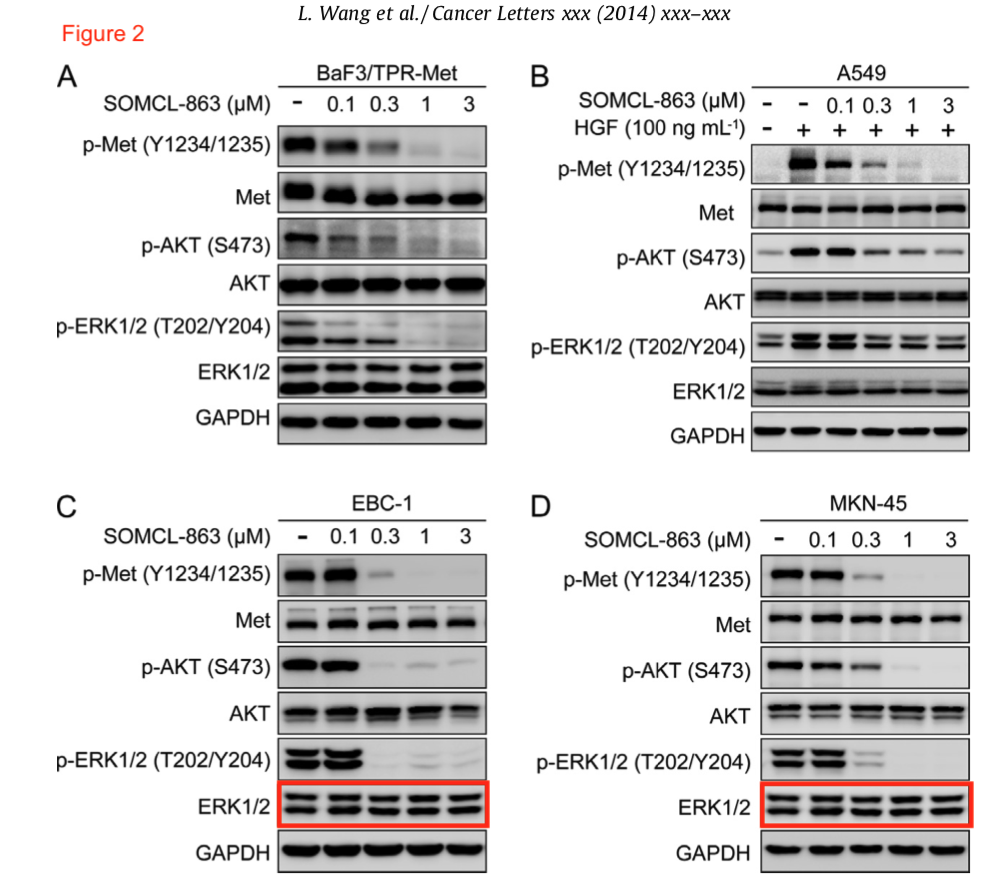

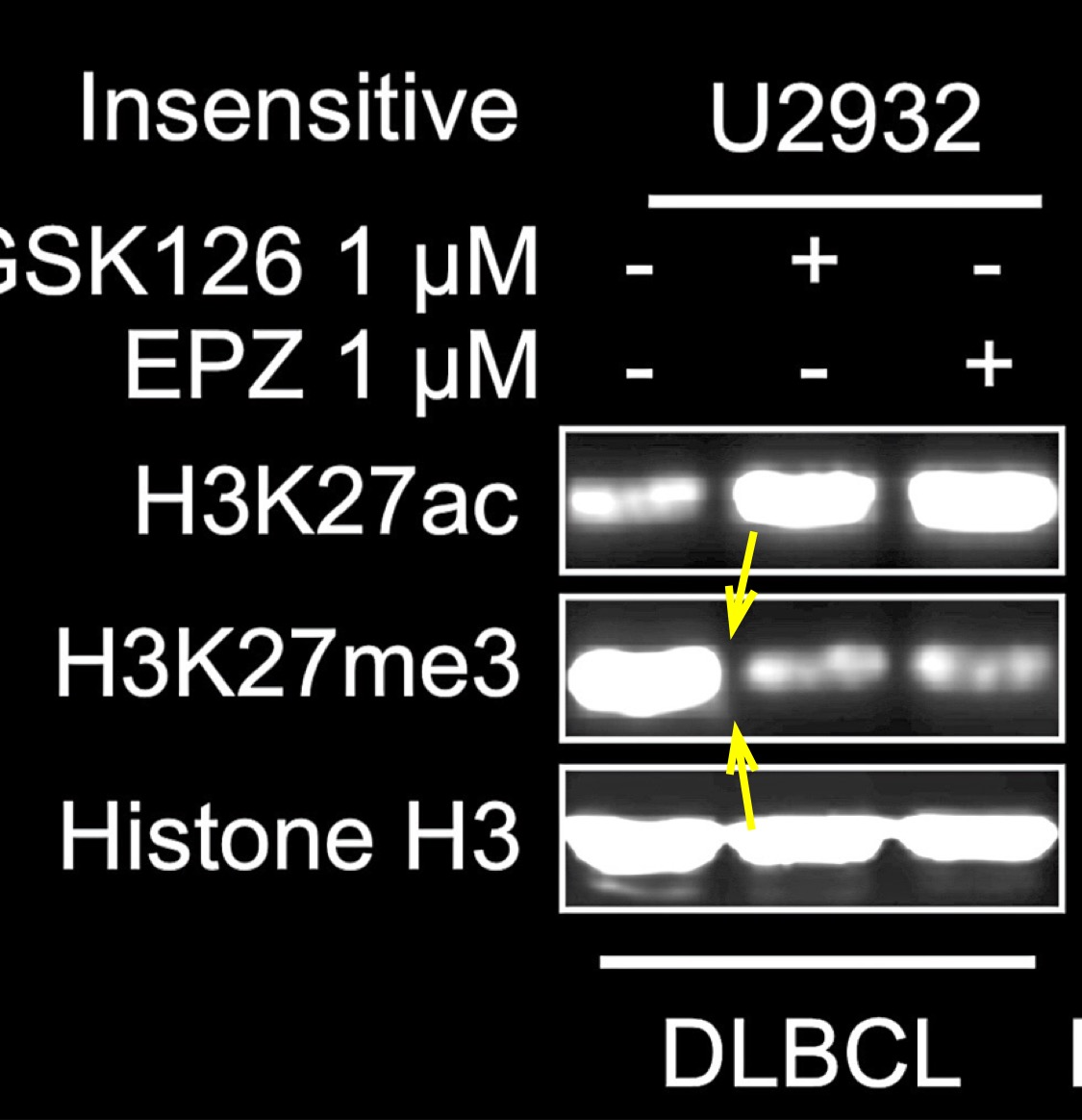
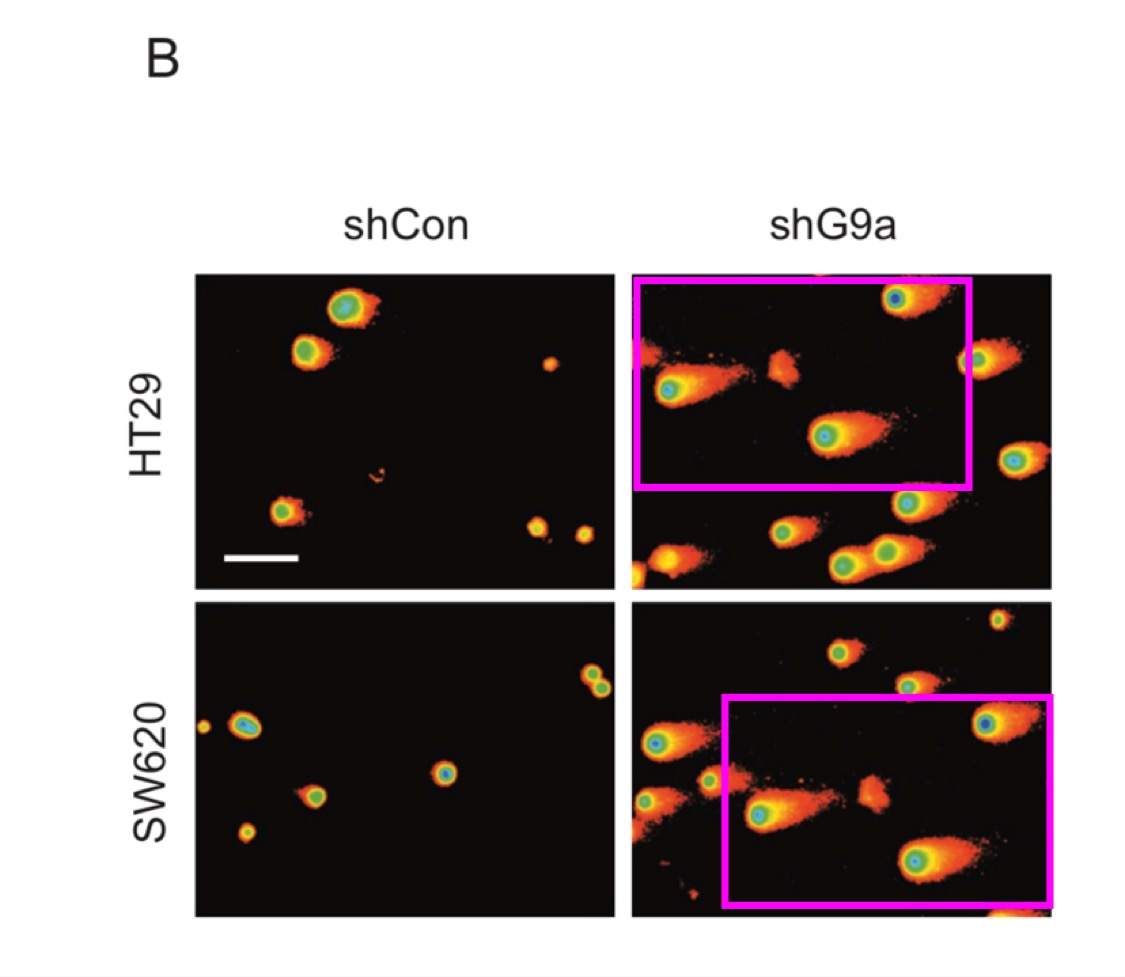
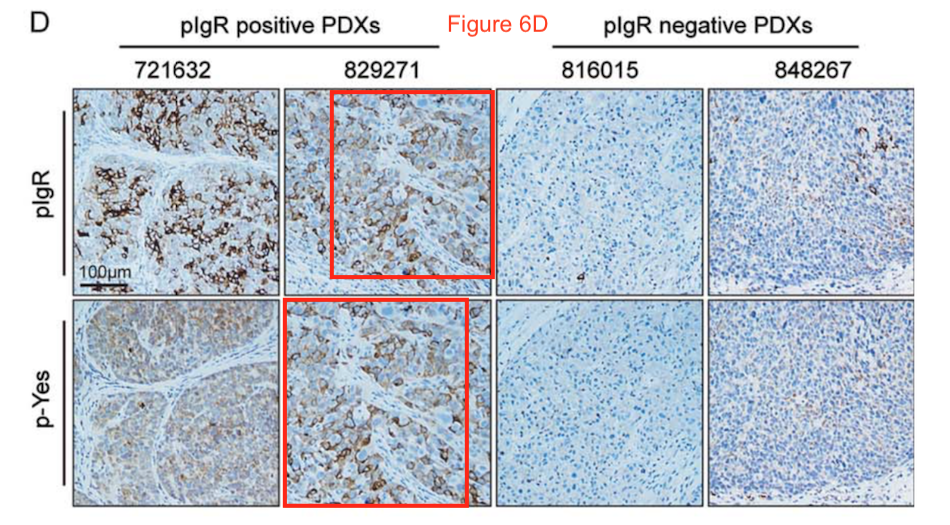
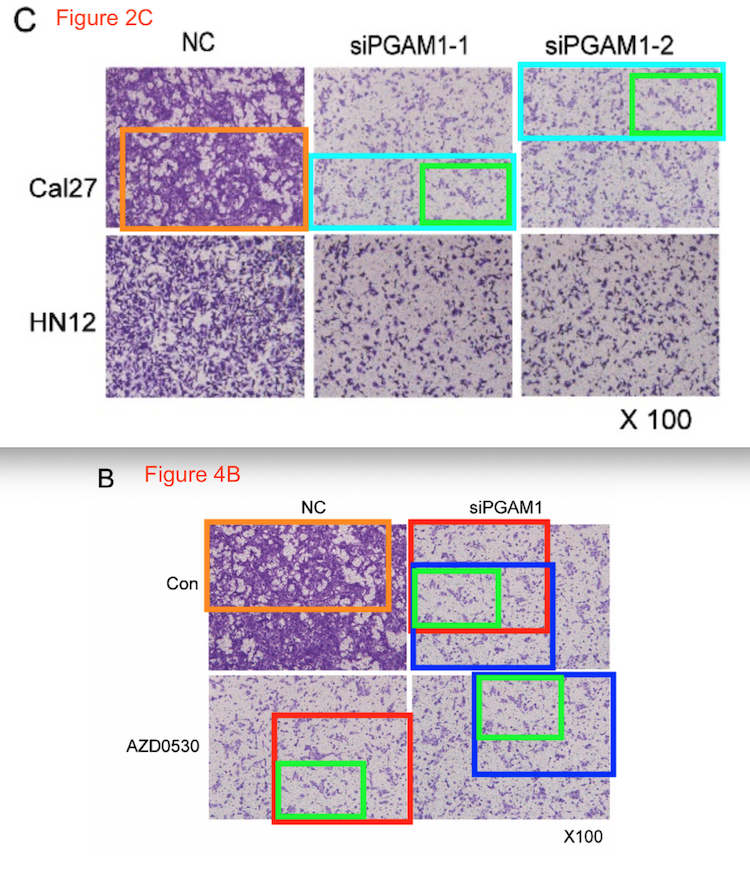
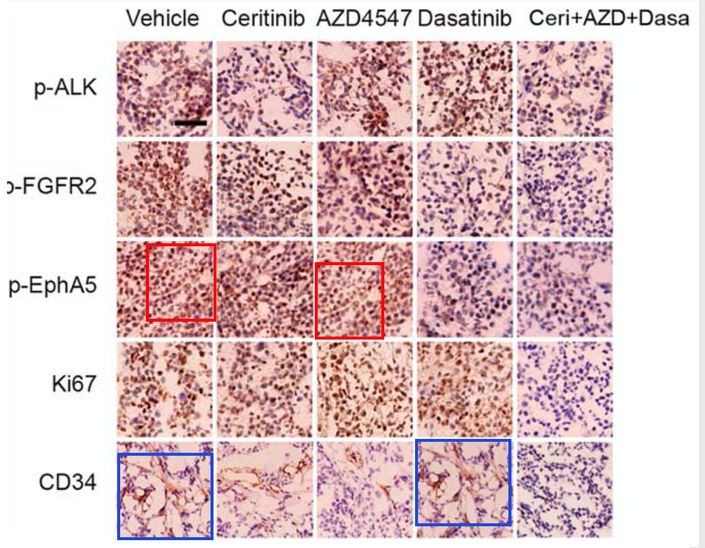
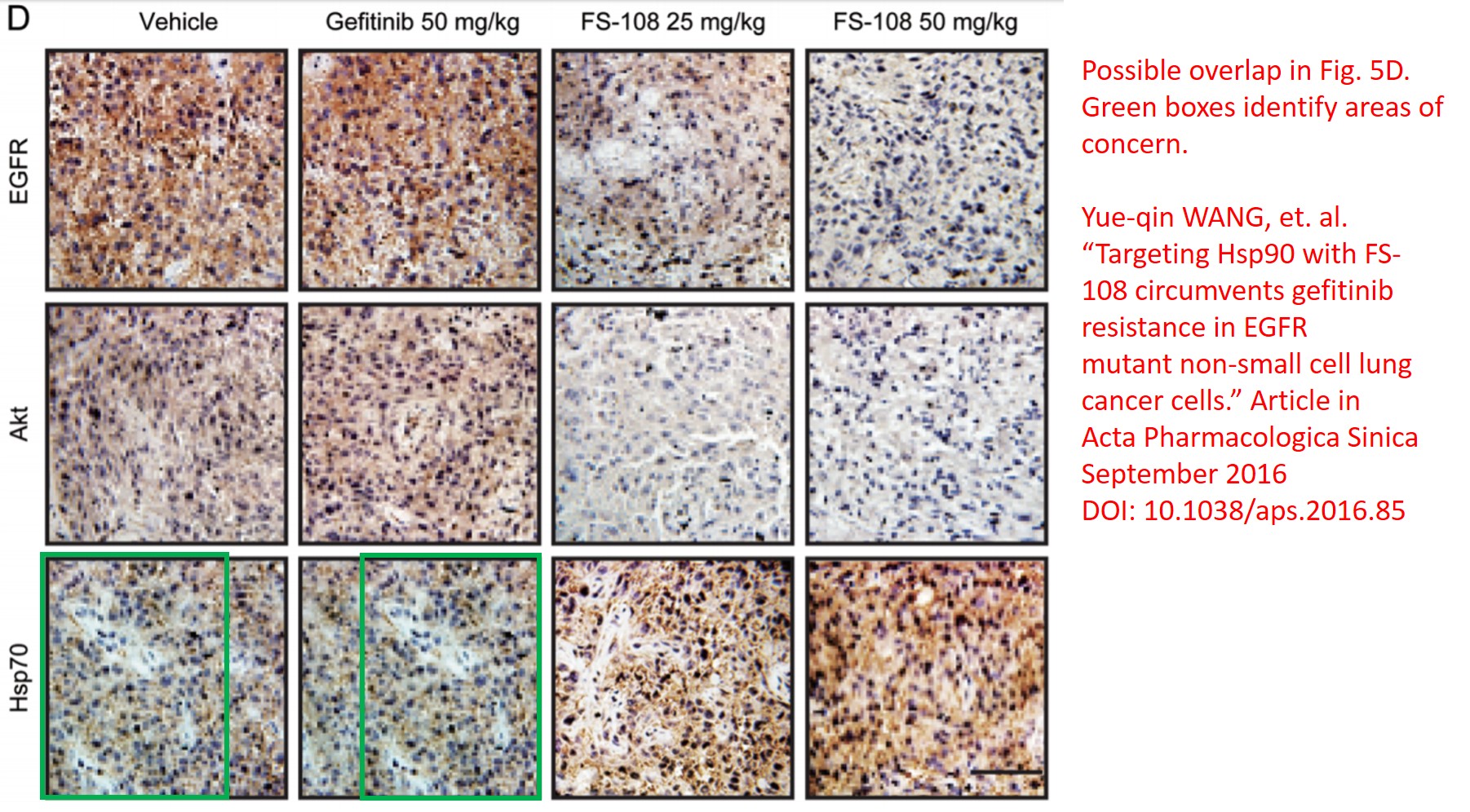
Another concern came from the background of Shanghai Green Valley Pharmaceuticals (SGVP), the industrial partner of SIMM Geng’s team in developing GV-971. The GV in the code name of the compound apparently suggests Green Valley. SGVP has a long history promoting a mushroom recipe as the magic cure for all sorts of cancers. Although in China supplements and herb products can be marketed with an approval from State Administration for Market Regulation, SGVP’s marketing of their anti-cancer mushrooms has been repeatedly sanctioned and fined by the Chinese FDA.
SIMM and SGVP never disclosed their business relationship in the only publication on GV-971. Based on information from qichacha.com, SIMM owned 15% of the shares of SGVP (withdrew in January 2015) and Geng and her SIMM colleague, Academician Jian Ding, used to be listed as key board members and shareholders of SGVP.
Just when Geng’s Alzheimer drug was about to receive some scrutiny, COVID-19 pandemic arrived. And now that she was declared virtually innocent and free of all sanctions, the drug can be distributed in clinic worldwide.
The person punished the harshest, with a 2 year funding and review ban, is Hongliang Li. In January 2018, Wuhan University absolved him of all suspicions of research fraud, but then Li caused a different kind of scandal, as Chinese media reported in September 2020:
“A professor at Wuhan University in Central China’s Hubei Province is being audited by the university, following the revelation that his two daughters, a third-grader and a fifth-grader, won third prize at a national-level contest held mid-July with their co-research work on an anti-tumor experimental study involving polyphenol from tea, sparking controversy online.
The audit began on September 1 and focuses on the economic responsibilities of the professor, named Li Hongliang, and the auditing period will be from December 20, 2016 to July 31, 2020, an announcement by the university released on August 28 said.
This is not the first time that Li has been brought into the spotlight. He has been repeatedly reported by academic peers for academic fraud since 2018.
Li was removed from his posts as director of the Institute of Model Animal and director of the Collaborative Innovation Center of Model Animal by Wuhan University on September 7, Pear Video reported. He also resigned as the dean of the School of Basic Medical Sciences on September 15. “
He has 12 papers on PubPeer, fake data published by Li both as PhD student, postdoc and professor. Note that the Communist Party sanctioned him for 21 falsified papers. See how it works?
Some examples from Li’s fraud:
Even Li, that pathetic crook who even faked his daughters’ scientific achievements and was already dismissed from his high office, has been found innocent of fraud. Did you really expect the Party will crack down on Xuetao Cao, one of the biggest stars of Chinese biomedicine?
Pop in your seaweed pill and join the Party.

Donate!
If you are interested to support my work, you can leave here a small tip of $5. Or several of small tips, just increase the amount as you like (2x=€10; 5x=€25). Your generous patronage of my journalism will be most appreciated!
€5.00


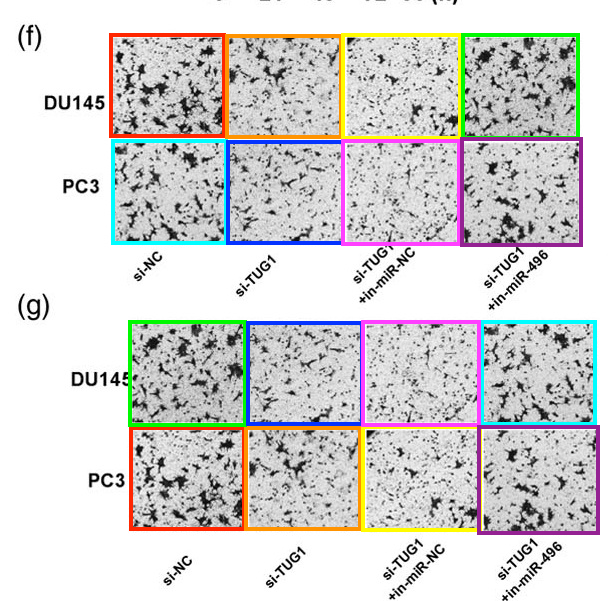
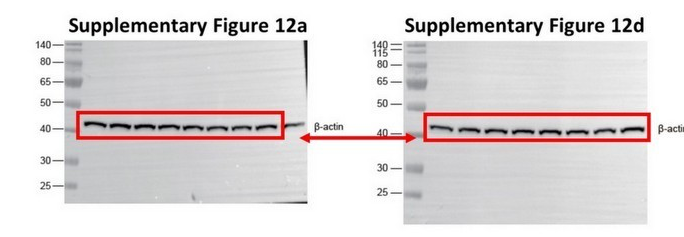
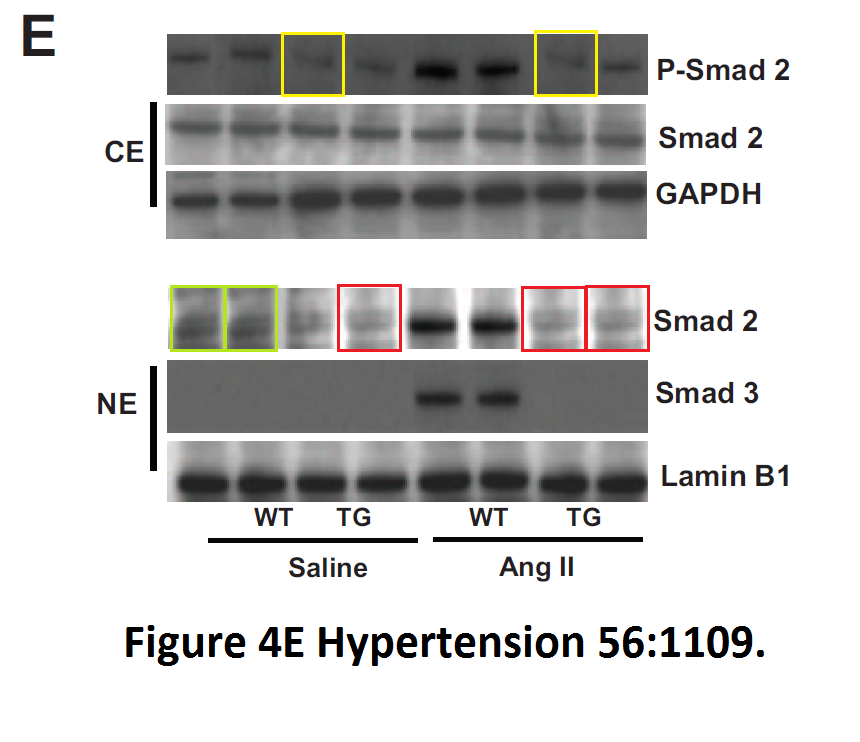
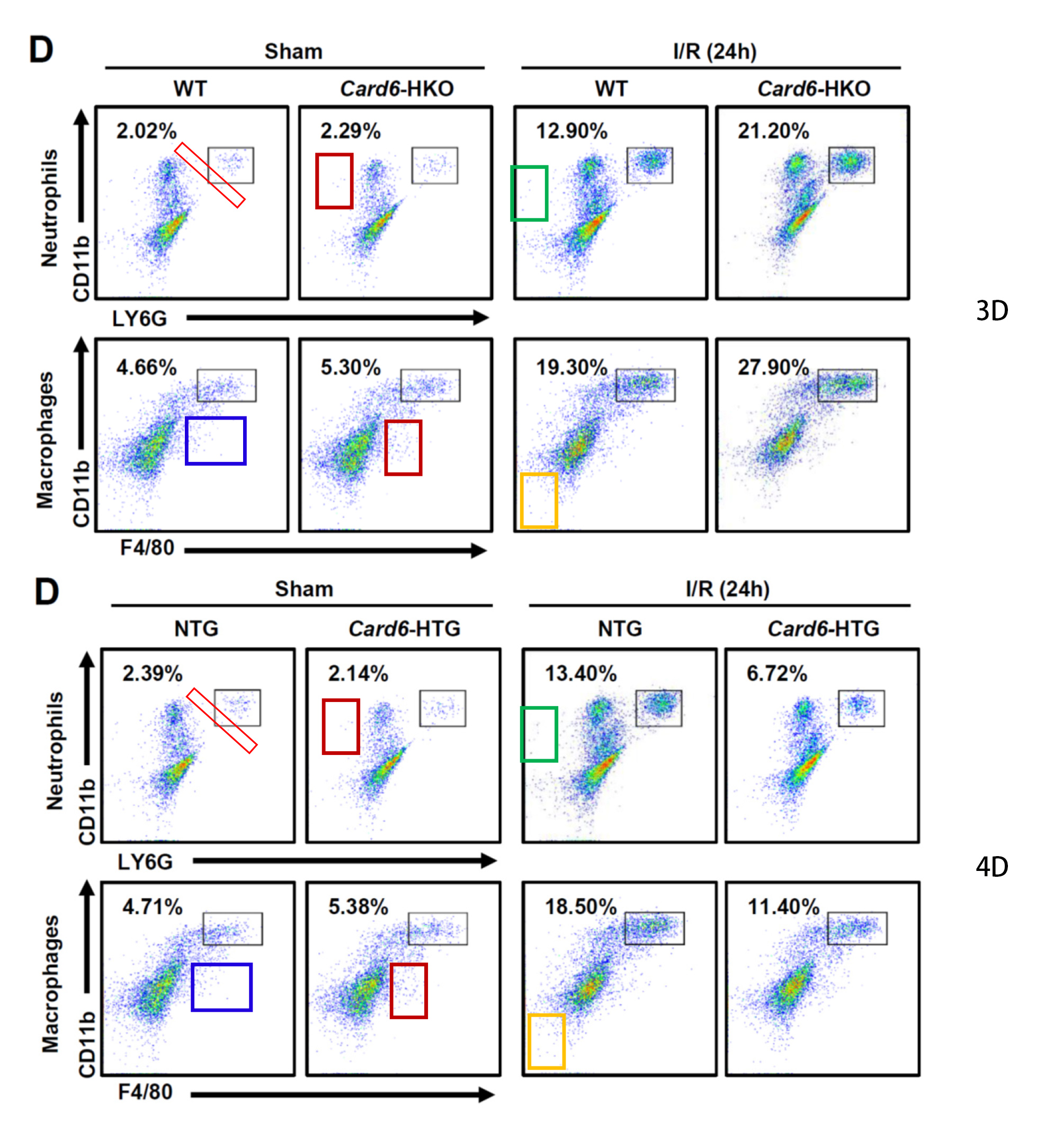
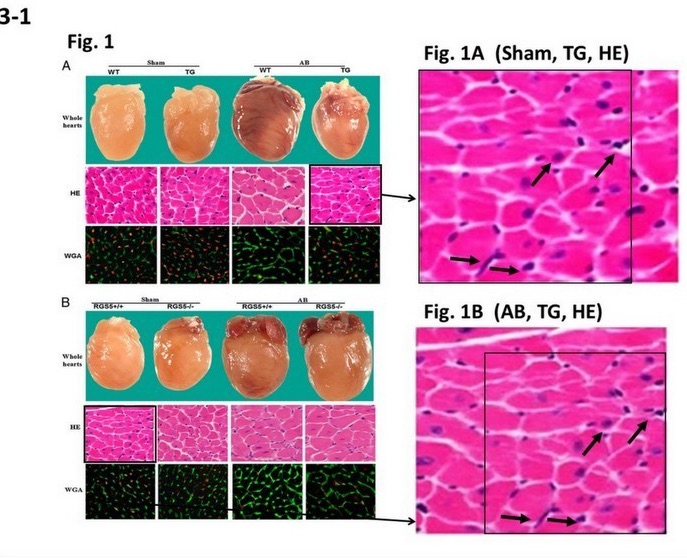

Well, it looks like the PRC is imitating the USA with hand slap punishment for fraudsters, so I suspect Hunter Biden is involved. The question is, will Cao and his coterie of party cronies get money and labs after the terms end? In the USA, ORI convicted fraudsters tend to have their careers go down the drain as bad as a failed scientist would, yet I suspect in the end Cao and his friends will be fine in the name of national honor. Hail the chairman Cao.
LikeLike
If the PRC darlings are deemed innocent of fraud, then the only other explanation for their consistently wonky output is gross incompetence. In my book that makes them even less worthy of investing time and money in their work. And if their nation stands behind them, that’s a red flag (sorry) for trusting Chinese science as a whole.
LikeLiked by 1 person
I dont think its incompetence on the part of the advisors. I think its just the same pressures that bench workers in PRC feel in the USA, but the worse outcome (more fraud per capita) is driven in part by culture.
A delightful example: In the USA, my recent advisor yelled at me in October 2019: “I want a paper by Thanksgiving!!!!”
My response: “You’ll get your god damn paper when its ready, and when I know the stuff in it is correct, you over-paid useless dipshit!” (of course, I didnt say it, but thought it).
My Chinese Culture Hypothesis (CCH) is that these poor bench workers are brow beaten to serve their masters (Cao), and they are more willing to fudge data. It may be as mentally painful to do this as westerners, but they feel they have no choice because feeling like a failure to their family/masters is worse that feeling bad about committing fraud.
LikeLiked by 1 person
Here a case from Germany.
I was about to get sued there, but had no clue what went on. Now I know how lucky I was there.
This cheater is extremely priveleged and pedigreed, and look how DFG decided:
https://forbetterscience.com/2017/03/01/dfg-decision-antonia-joussen-innocent-victim-of-co-authors-data-manipulations/
LikeLiked by 1 person
Yea, there seems to be a social class element here. The intelligensia looking out for each other, unless a system that has been triggered needs to throw someone under the bus because it looks really bad if they don’t. I suspect an example of the later is when this poor guy:
https://retractionwatch.com/2020/08/28/university-of-kentucky-demotes-cancer-researcher-following-finding-of-misconduct-by-scientist-in-his-lab/
was thrown under the bus (given a demotion) because of fraud committed by a post doc in his lab. The person who threw him under the bus I suspect was the medical school dean (I would imagine he signed off on the demotion), who received a wrist slap for his (albeit limited) part in this fraud (one of his papers was retracted):
https://retractionwatch.com/2019/08/23/university-of-kentucky-moves-to-fire-researchers-after-misconduct-finding/
The medical school dean wasn’t demoted for fraud he didn’t detect. he pulled a Choi / Glimcher manuever.
LikeLiked by 1 person
Found this blog post and decided to copy-paste it:
https://u.osu.edu/mclc/2021/01/23/research-integrity-questions-for-top-academicians/#more-36615
Research integrity questions for top academicians
January 23, 2021
by denton.2@osu.edu at 12:09pm
Fascinating blogpost today by Leonid Schneider, on a top Chinese academician and scholar appointed chairman of research integrity in November 2019 … and who now, along with some other less-than-careful top scholars, is getting “a slap on the wrist.”
Leonid Scheider, Research integrity: Communist Party gives Xuetao Cao, Meiyu Geng, Hongliang Li a slap on the wrist. For Better Science (January 21, 2021).
It’s based partly on this Twitter thread today from Elizabeth Bik. This is hard science — but, fascinating for all of us, since it reflects the corrupt state of the Chinese academy.
I personally could not resist adding a comment about Chen Quanguo, the Politburo member currently overseeing the genocide in Xinjiang, who in 2019 was outed as having plagiarized much of his own PhD thesis! My 3 notes on MCLC, from 2019:
https://u.osu.edu/mclc/2019/02/21/xinjiang-party-boss-outed-as-phd-plagiarist/
https://u.osu.edu/mclc/2019/03/07/xinjiang-party-boss-outed-as-phd-plagiarist-1/
https://u.osu.edu/mclc/2019/03/18/xinjiang-party-boss-outed-as-phd-plagiarist-2/
Yrs sincerely, Magnus Fiskesjö, nf42@cornell.edu
LikeLiked by 1 person
So much for the clean bill of health. 8 retractions in JBC for fraud, and more on the way if any other journals decide to grow a pair. Thank God for the JBC!
LikeLike
I was referring of course to the great science Cao. Interesting footnote to each JBC retraction notice: “The withdrawing authors have indicated that they plan to resubmit their findings elsewhere for publication.” Be very interesting to see where such rubbish can be recycled.
LikeLike
MDPI?
LikeLike
Pingback: The 16 secret retractions of Xuetao Cao at JBC – For Better Science